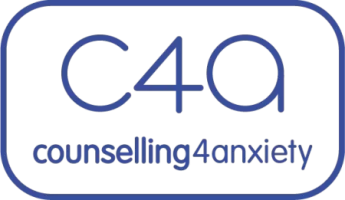The sad fact is that the pandemic played to fears that we all have, of death, disease, lack of control and infirmity. It also played to those who have lived with Obsessive Compulsive Disorder (OCD). By pushing through the need for hand washing, distancing and the threat and fears of an airborne disease, these messages pressed the fears and insecurities of those with anxiety conditions. In other words, for some two years, the fears were potentially re-enforced in those enduring medium and long term anxiety, whether that be through social phobias, panic attacks, ruminations and health fears.
What the impact will be, has yet to be measured, though it is telling that one of the highest search terms in the Counselling Directory is 'anxiety'. Furthermore, what will the implications be for those young people who could not go to school and who had to endure stringent measures on safety and social distancing? Once again, we will only know in the coming decade. Or, how will they fare when they have life changing situations, such as going to university, growing into adulthood, and overcoming grief and traumatic situations in the future? Will these life events trigger fears and thoughts that developed through the pandemic? These are just some of the questions that come to mind around the long term impacts of Covid-19 on anxiety and mental health.
Which is why it is essential to put into place some equilibrium on the work and life balance that young people have. Social media pressures, economic woes, the inability to pay for housing and other such living stressors are pushing young people into working longer hours and into more unstable financial working environments. What should be happening is the opposite - that young people should not be pushed to burn the candle at both ends, thereby raising long term stress impacts on their emotional, mental and physical well-being. In other words, the longer they stay in these positions of social stress, the greater the potential of them suffering a long term mental health issue.
It is therefore essential that we all have the chance to ask those around us, how they are, how they feel and to give them a chance to authentically trust us and let us know what is on their minds. The relationship with anxiety can be reframed for many people, so that it does not become a heavy weight around their body. However, the start to healing comes from talking. That is why I am so passionate that we connect to each other.

